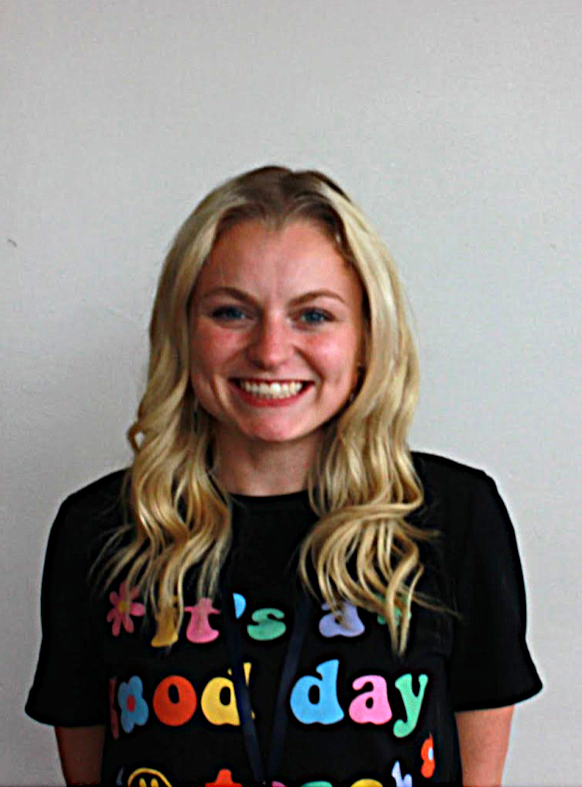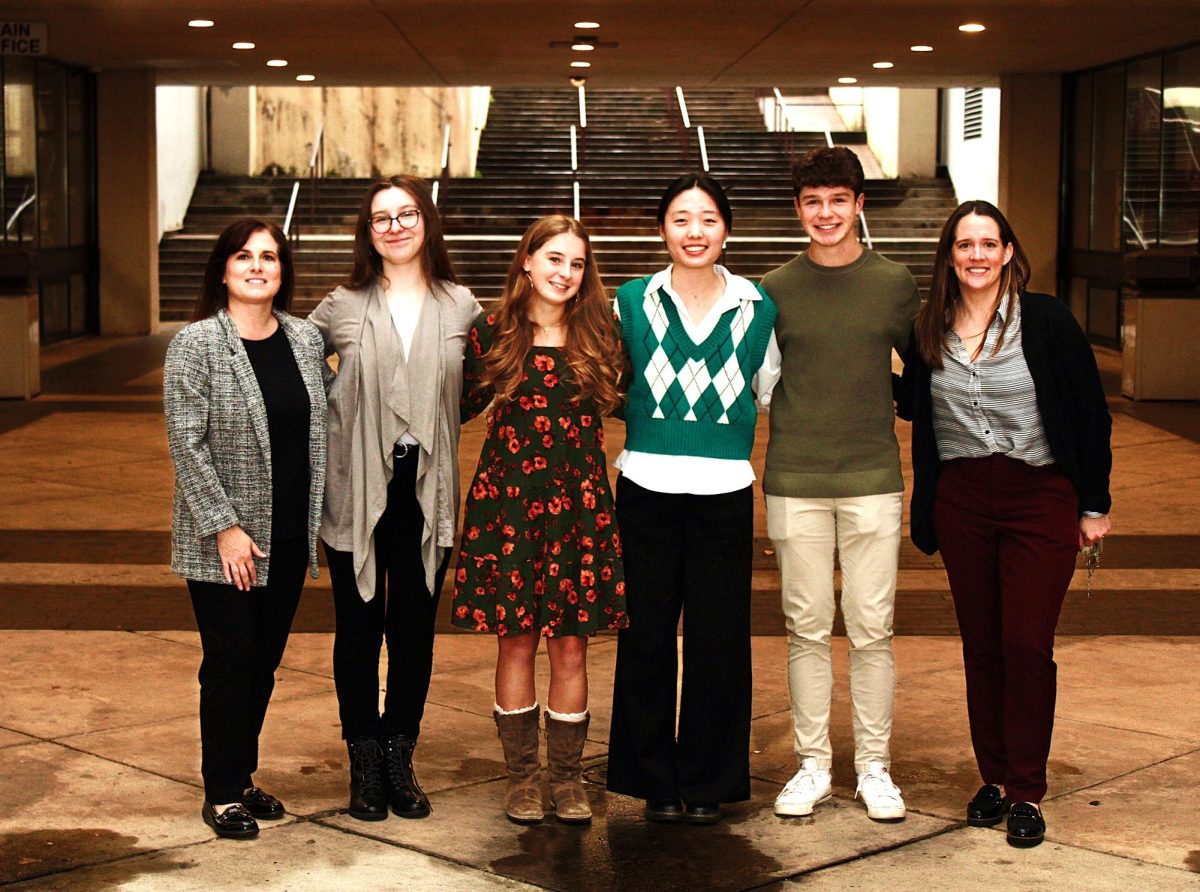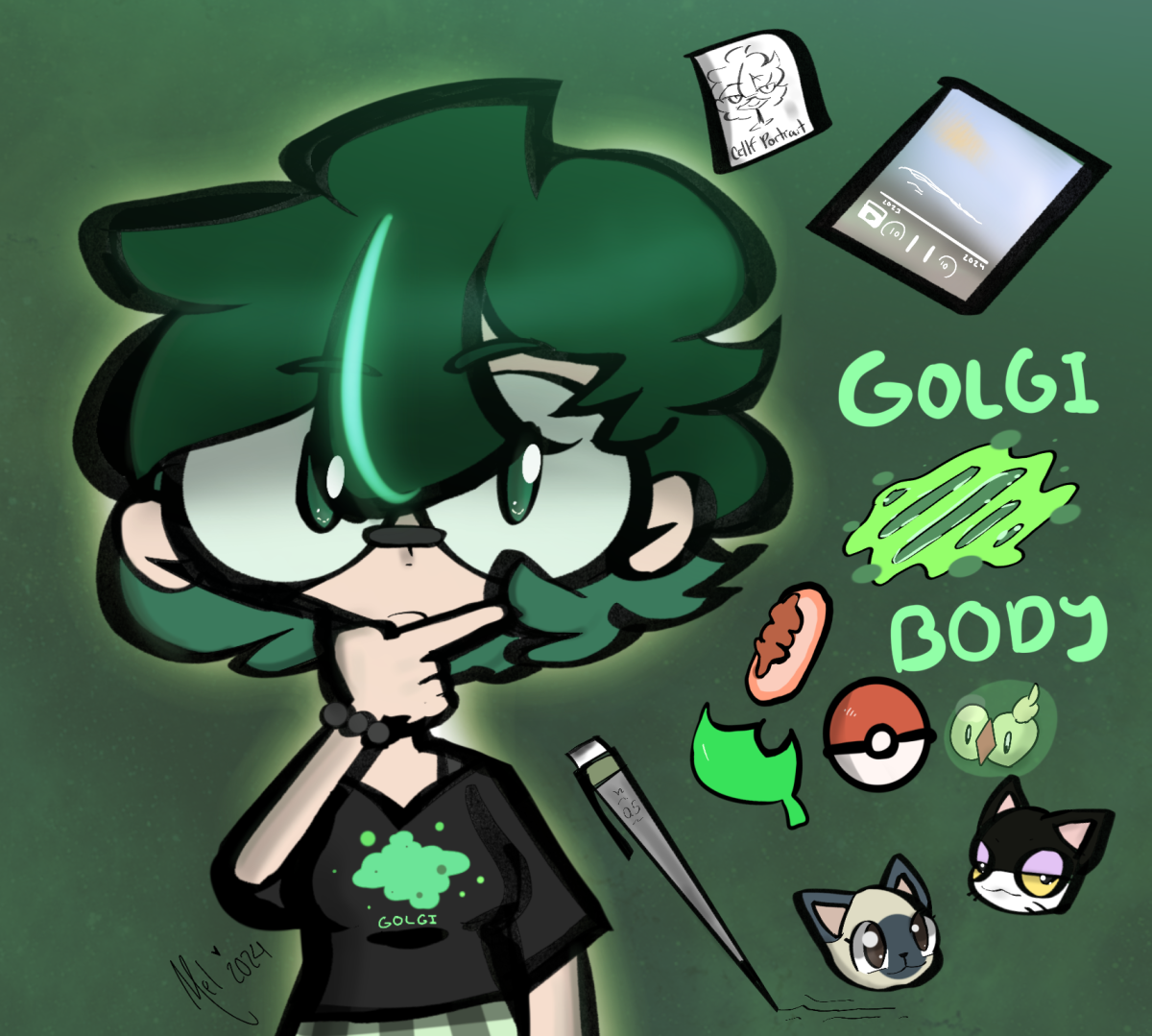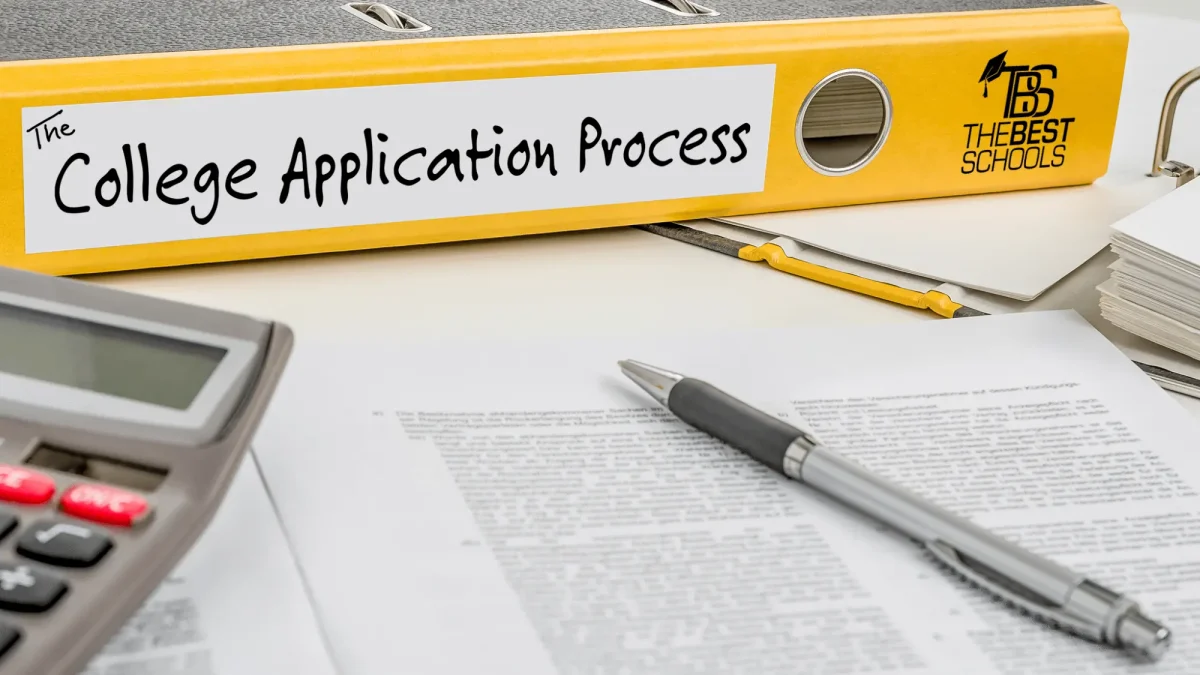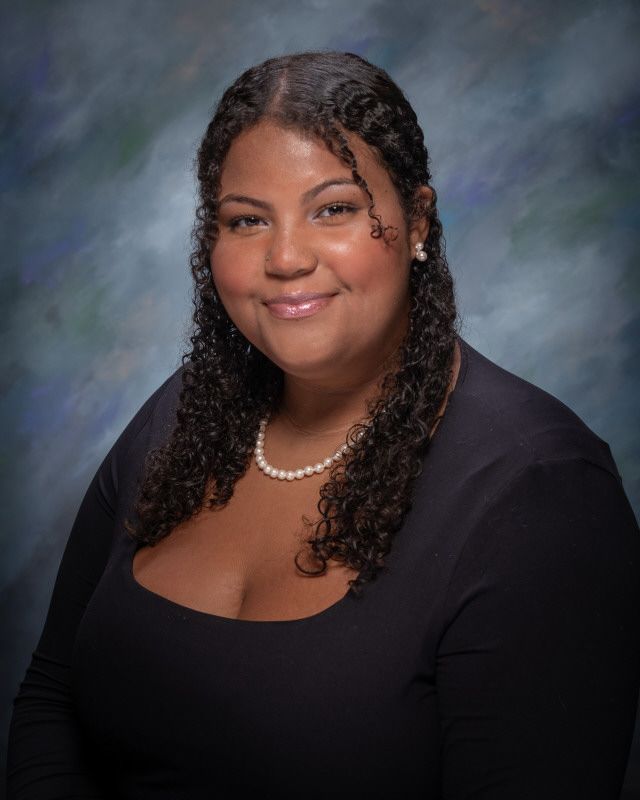Most teenagers are definitely consuming too much caffeine occasionally, whether it comes from energy drinks, tea, coffee, or soda. Although they no longer choose the same drinks as earlier generations, caffeinated beverages are nevertheless very popular.
“Teenagers today consume less soda, but they’re taking in more caffeine from flavored coffees or energy drinks,” Rebecca M. Beyda, MD, MS, is an assistant professor of pediatrics at UTHealth Houston’s McGovern Medical School and a specialist in adolescent medicine with UT Physicians.
“Coffee and energy drinks have significantly more caffeine than soda, so it’s important to talk to your teens about caffeine and monitor the amount they drink, especially now as they return to school.”
Teens may grab for liquid coffee to help wake up or boost their minds while studying. However, an adolescent’s physical and mental health may be negatively impacted by an excess of this substance. Generally speaking, excessive doses can cause adverse side effects and rob a young person of sleep.
Some negatives of having caffeine for teens (or anyone in general) are impaired heart function, stunted brain development, and the main one is insomnia or sleep disruptions.
“Teenagers need more sleep than adults because they’re growing, and most of them don’t even get eight hours. Because caffeine is a stimulant, high doses can reduce the amount of sleep they receive even more,” Beyda said. “Caffeine overload can also increase blood pressure, agitation, anxiety, and behavioral issues.”
Given that their bodies are more sensitive to the drug than adults’, children under the age of 17 should take significantly less caffeine than adults, who can safely consume up to 400 mg per day. For the best possible growth and overall health, teens should not take more than 100 mg of caffeine daily.
“We actually recommend zero caffeinated beverages and zero sweetened beverages to all our patients. Water is still the best drink for optimal health, and now there are flavored and sparkling waters to pick from,” she said. “However, if a teenager has already been introduced to caffeinated drinks, watch their consumption and teach them how to read the labels and find out how much caffeine is in the drinks they buy.”
Compared to 80–100 mg in an 8-ounce cup of coffee, the Food and Drug Administration claims that an 8-ounce energy drink can have up to 250 mg of caffeine. If you compare that to a 12-ounce can of soda and an 8-ounce cup of tea, you will find that each has between 30 and 50 mg of caffeine.
“Depending on what they prefer, teenagers can easily reach or exceed their caffeine limit with as little as one cup or can,” the doctor said.
Although older teens may consume up to 100 mg of caffeine depending on their height and weight, it is still recommended that they consume very little caffeine.
“It’s important to remember most girls don’t stop growing until they’re 15, and most boys don’t stop until they’re 17,” Beyda said. “The teen years are also a time for them to develop healthy lifelong habits. Tell your teenager about caffeine because health is also part of their education.”
“It’s also fine to have caffeinated drinks once in a while, as a treat. However, these drinks really should be the occasional, not the regular.”




